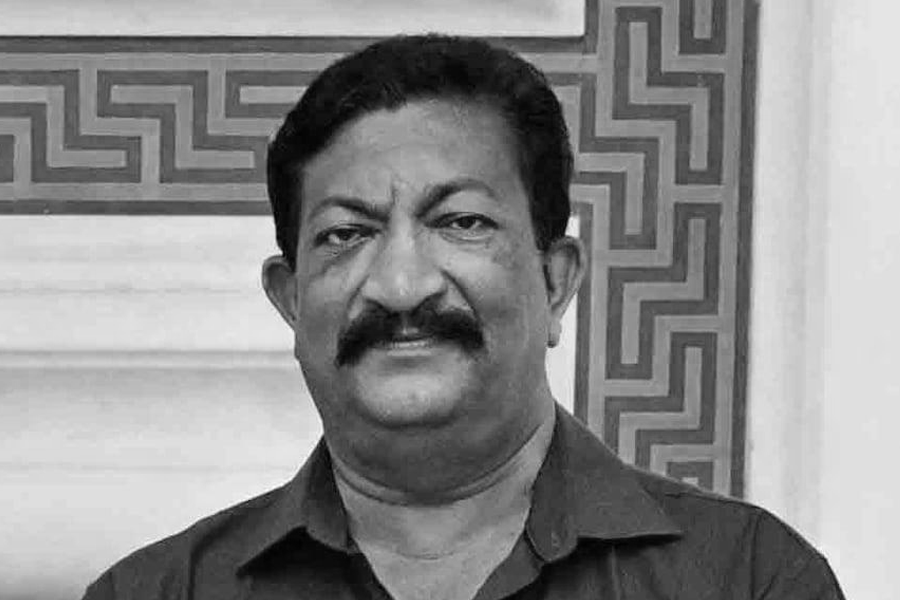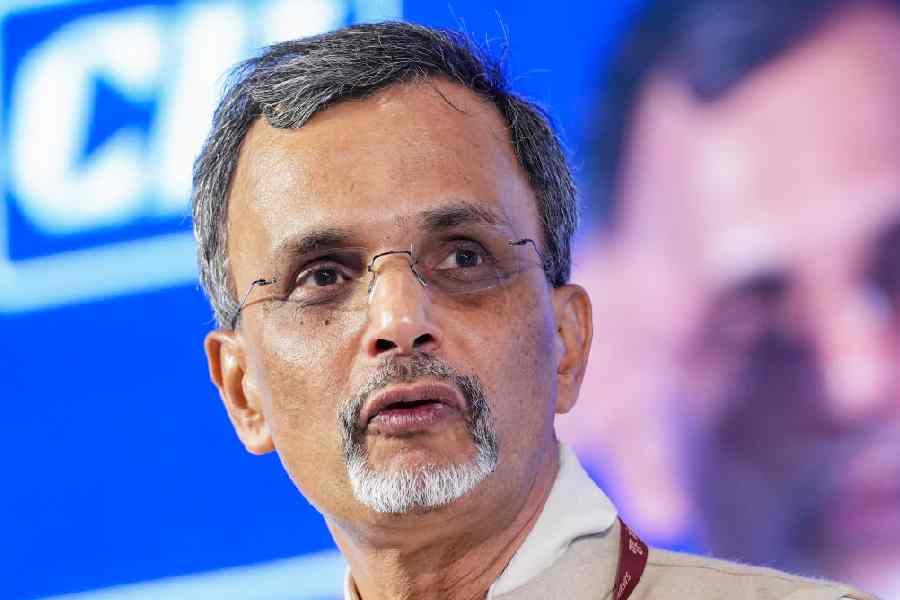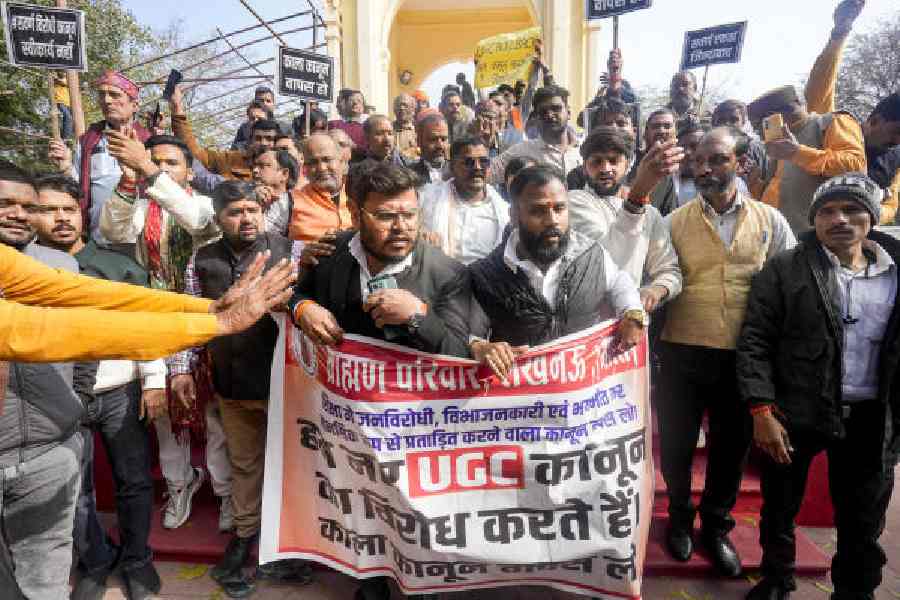 |
| Susheela Raman’s new album is called Music For Crocodiles |
Exotic yet familiar. Classical yet contemporary. Indian yet global. Merging diverse music forms like south Indian classical and West Coast rock, Susheela Raman has created her own identity in world music.
Born in London to Tamil parents and raised in Australia, she grew up in a home full of Carnatic music, but teen rebellion swayed her towards black American soul, blues and funk. And by 16, she was leading her own funk-and-soul band in Sydney.
“When I grew up, music to me was everything Indian,” Susheela says from London. “I remember growing up listening to Vedic chant cassettes. I even listened to some Tamil film music. I hadn’t heard any form of Western music till I was 14 and then I went off Indian music for years. From 15 to 21, I was only listening and playing Western stuff.”
And then, the roots came revisiting. “At 21, I realised that I had to be honest to myself,” recalls Susheela. “I wanted to represent the Indian thing in me. My traditions were an inherent part of me and that had to come out in my music.”
At this stage, the Indian-Australian-British singer moved back to London and met her future husband, guitarist and producer Sam Mills, known for his work with African and Bangladeshi musicians. The two began to develop a new sound mixing and merging English songs, Sanskrit texts, their own compositions and Carnatic strains, even working with the likes of Paban Das Baul.
Susheela came up with her debut album in 2001, titled Salt Rain.
“I call my music hybrid,” says Susheela. “It has lots of Indian elements but it’s also mutated having absorbed other forms of music. For many, it is just Indian music which has taken on a different flavour. My albums are usually kept in the world music section but don’t be surprised if you spot them under the rock and pop categories.”
Susheela does not feel fusing music forms necessarily destroys the original creations. “It’s how you approach the music. Modern or contemporary does not always mean cheap and classical does not always mean serious. I don’t approach my music like that. I have a very deep approach to my music.”
And this serious approach is evident in Susheela’s new album, Music For Crocodiles, released in India under the EMI label. “The title of the album is inspired from the book Music For Chameleons. This is easily my best album so far in terms of evolution of the sound and the level of maturity. Also, for the first time, I have Indian musicians playing English music creating a very unique kind of sound.”
Quite different from Salt Rain or her second release Love Trap, Music For Crocodiles has English songs written by Raman herself, like What Silence Said and The Same Song. The compilation also has Tamil songs like Sharavana, invoking the South Indian god Muruga, and Idi Samayam, which was composed by the 18th century singer Saint Tyagaraja. There’s even a French number in L’ame Volatile.
But doesn’t the use of Tamil lyrics alienate the world audience? “I am not really concerned about the market or marketing of my music. I make music for the sake of expression and for the sake of music. I myself grew up to Ilaya Raja soundtracks ? just loving the music without understanding the words.”
Music For Crocodiles also features big names like Aref Durvesh on the tablas and Malian Chek Tdjen Seck on the Hammond organ with Los Angeles-based Icelander Husky Huskvold mixing the tracks.
“I really want to support the album through tours,” reveals Susheela. So is an India trip on the cards? “Of course there is,” she replies. “But just for a holiday in January. I have performed only once in India ? in Chennai in February. The response was mixed with the young people really loving the sound.”










